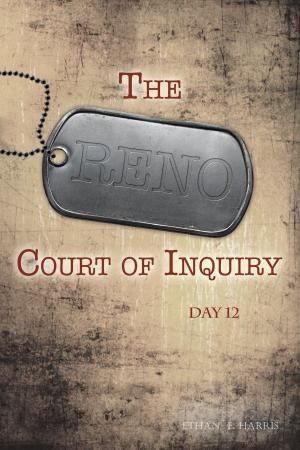Caesar De bello Gallico, VII
A Translation
Nonfiction, History, Reference, Historiography, Ancient History, Rome, Military, Other| Author: | Julius Caesar, A. H. Allcroft, M. A., W. F. masom, M. A. | ISBN: | 1230001773736 |
| Publisher: | London : University Tutorial Press Ltd | Publication: | July 22, 2017 |
| Imprint: | Language: | English |
| Author: | Julius Caesar, A. H. Allcroft, M. A., W. F. masom, M. A. |
| ISBN: | 1230001773736 |
| Publisher: | London : University Tutorial Press Ltd |
| Publication: | July 22, 2017 |
| Imprint: | |
| Language: | English |
The Gallic Wars were a series of military campaigns waged by the Roman proconsul Julius Caesar against several Gallic tribes. Rome's war against the Gallic tribes lasted from 58 BC to 50 BC and culminated in the decisive Battle of Alesia in 52 BC, in which a complete Roman victory resulted in the expansion of the Roman Republic over the whole of Gaul (mainly present-day France and Belgium). While militarily just as strong as the Romans, the internal division between the Gallic tribes helped ease victory for Caesar, and Vercingetorix's attempt to unite the Gauls against Roman invasion came too late.
The wars paved the way for Julius Caesar to become the sole ruler of the Roman Republic.
Although Caesar portrayed this invasion as being a preemptive and defensive action, most historians agree that the wars were fought primarily to boost Caesar's political career and to pay off his massive debts. Still, Gaul was of significant military importance to the Romans, as they had been attacked several times by native tribes both indigenous to Gaul and farther to the north. Conquering Gaul allowed Rome to secure the natural border of the river Rhine. The Gallic Wars are described by Julius Caesar in his book Commentarii de Bello Gallico, which remains the most important historical source regarding the conflict.
The Gallic Wars were a series of military campaigns waged by the Roman proconsul Julius Caesar against several Gallic tribes. Rome's war against the Gallic tribes lasted from 58 BC to 50 BC and culminated in the decisive Battle of Alesia in 52 BC, in which a complete Roman victory resulted in the expansion of the Roman Republic over the whole of Gaul (mainly present-day France and Belgium). While militarily just as strong as the Romans, the internal division between the Gallic tribes helped ease victory for Caesar, and Vercingetorix's attempt to unite the Gauls against Roman invasion came too late.
The wars paved the way for Julius Caesar to become the sole ruler of the Roman Republic.
Although Caesar portrayed this invasion as being a preemptive and defensive action, most historians agree that the wars were fought primarily to boost Caesar's political career and to pay off his massive debts. Still, Gaul was of significant military importance to the Romans, as they had been attacked several times by native tribes both indigenous to Gaul and farther to the north. Conquering Gaul allowed Rome to secure the natural border of the river Rhine. The Gallic Wars are described by Julius Caesar in his book Commentarii de Bello Gallico, which remains the most important historical source regarding the conflict.















